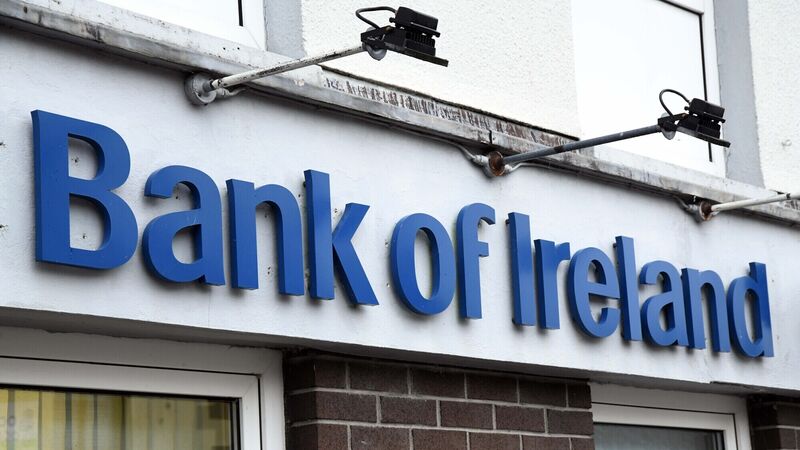BoI fined €24.5m for serious IT failures that could have affected millions of customers

The Bank of Ireland sanction again throws light onto failures of Irish banking and senior managers and their boards and the risks that customers face should things go wrong in the oversight of their IT systems. Picture: Denis Minihane.
The Central Bank has slapped a fine of €24.5m on Bank of Ireland after the lender failed over many years to safeguard its IT systems from a disaster that would have affected millions of customers.
The fine has been imposed under the regulator’s so-called administrative sanctions procedure and is designed to reflect the seriousness of the disruption Bank of Ireland customers would have faced and the knock-on effect to Ireland’s entire banking system if the lender’s IT systems had failed.











